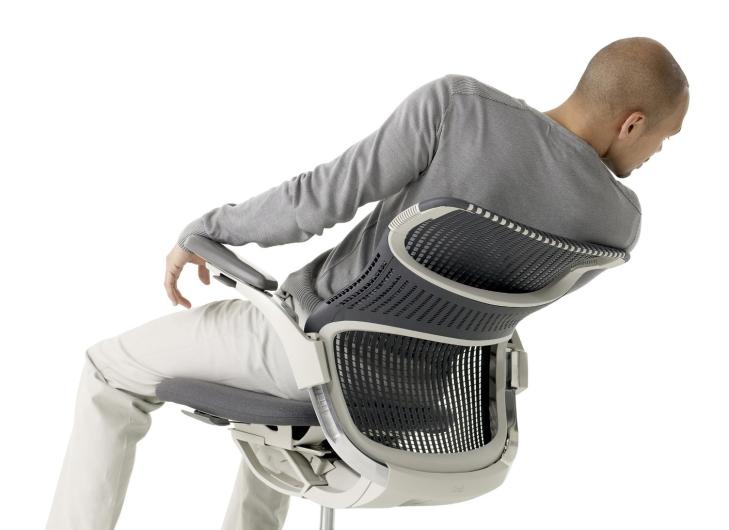
Today, DuPont Mobility & Materials (Wilmington, DE, USA) unveiled new Hytrel ECO B, a range of bio-attributed TPC-ET thermoplastic elastomers. Developed to help customers improve the environmental footprint of their products, Hytrel ECO B grades deliver performance equivalent to those made from fossil feedstock, but with biomass content up to 72% by weight. As a result, OEMs reap the processing benefits and mechanical properties of Hytrel, but at a lower impact on the environment and without processing requalification.
Csaba Holop, Global Business Director, Hytrel, commented, “With the launch of Hytrel ECO B, we are able to provide our customers with a range of true drop-in solutions that enable them, immediately, to reduce the environmental footprint of their products”.
DuPont produces Hytrel ECO B using a biomass balance approach certified by the ISCC+ (International Sustainability & Carbon Certification) standard. This approach is increasingly being adopted by the plastic value chain because it is cost-efficient and still benefits the environment. Hytrel ECO B uses second-generation biomass (e.g. bio residue/waste). The ISCC+ certification helps ensure upstream supply chain traceability and contributes to the implementation of environmentally, socially, and economically sustainable production in global supply chains, enabling the shift to a more circular economy.
Manufacturers who seek to reduce the environmental impact of their offerings, yet still require high-performance materials for their products, will find a near-perfect balance in Hytrel ECO B. This new, sustainable solution meets the needs of manufacturers in the consumer, sporting goods, consumer electronics, and furniture industries. It also is a sustainable option for the automotive industry, which already relies on conventional grades of Hytrel to produce CVJ boots.
Hytrel, as a TPC-ET thermoplastic elastomer, goes further than other TPEs in its ability to match the strength of rubber, but still maintain the flexibility and aesthetics expected of a TPE. Other types of TPE are also soft and flexible, but rarely are they as durable and strong as Hytrel. With Hytrel ECO B, this unique mix of characteristics is now available in a range of significantly more sustainable grades.
“The launch of Hytrel ECO B is a big step forward and meets the requirements of many of our customers, across many industries”, explained Steffi Götzel, Global Sustainability Leader for DuPont Mobility & Materials. “And it is the first step of several; customers can expect more new sustainable material solutions from us in the near-term future”.
Like all Hytrel grades, this new range of sustainable material solutions offers the same durability and strength, coupled with incredible flexibility. These materials remain flexible even in extreme cold (-40°C) and maintain properties even in extreme heat (150°C). Chemically resistant, they can be overmoulded onto many rigid thermoplastics. Finally, exceptional melt stability enables processors to efficiently recycle scrap. Hytrel ECO B properties are identical to Hytrel standard grades. No transition evaluation is needed after Hytrel standard grades have been spec’d in.
DuPont Mobility & Materials will showcase Hytrel ECO B and other cutting-edge solutions and technology innovations in Hall 6, stand C43 at the upcoming K 2022, the world’s leading trade fair for the plastics and rubber industry. This international event, held once every three years, takes place from 19 to 26 October in Düsseldorf, Germany.
Source
Bioplastics MAGAZINE, 2022-06-15.
Supplier
Share
Renewable Carbon News – Daily Newsletter
Subscribe to our daily email newsletter – the world's leading newsletter on renewable materials and chemicals










